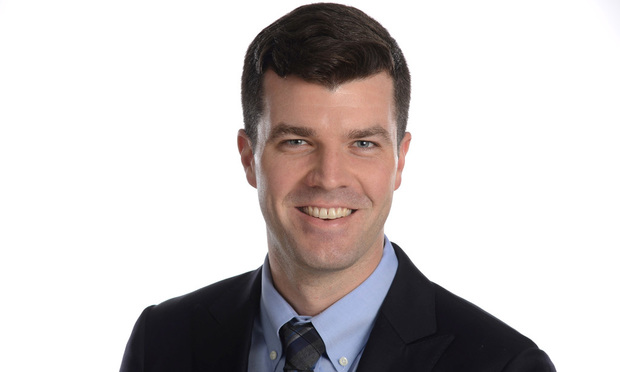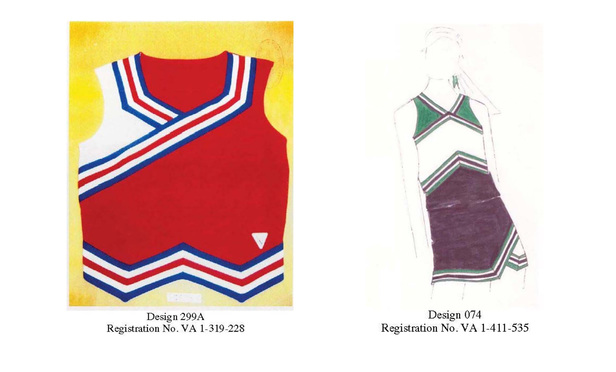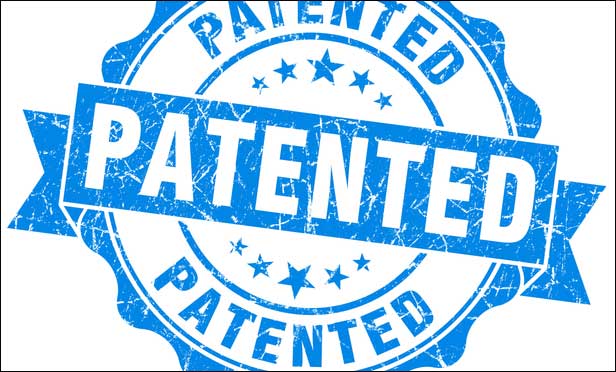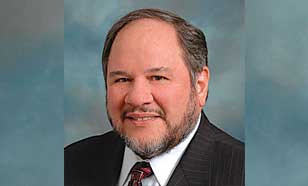Tom Gushue

July 01, 2019 | The Legal Intelligencer
Venue and No-Challenge Provisions in Patent LicensesPatents are a form of property and, like other forms of property, patents can be licensed or sold. Patent owners often do not want to sell a patent because they are interested in maintaining rights to the commercial benefits of the patent.
By Tom Gushue
7 minute read

May 03, 2017 | The Legal Intelligencer
Copyright Infringement Suits Are Becoming FashionableDesigners of haute couture fashion have long been troubled by the inability to protect their designs, and the speeds at which designs can be copied now have added to their frustrations. The root of the problem for many years was the U.S. copyright law, which was considered to prohibit enforcement of a copyright in wearable fashions. The Copyright Act, 17 U. S. C. Section 101 et seq., limited copyright protection for "pictorial, graphic, or sculptural features" of "a useful article" to features that "can be identified separately from, and are capable of existing independently of, the utilitarian aspects of the article."
By Anthony S. Volpe and Tom Gushue
15 minute read

July 13, 2016 | The Legal Intelligencer
Top Five Lessons for New Attorneys Starting OutI am approaching my fifth-year anniversary of becoming an attorney. As a new attorney, it can be very difficult adjusting to billable hours, dealing with demanding clients, and managing work stress. I have learned many valuable lessons in the past five years, and I'd like to share my top five lessons.
By Tom Gushue
13 minute read

January 07, 2015 | The Legal Intelligencer
Good-Faith Belief of Invalidity Defense to Patent InfringementThe U.S. Court of Appeals for the Federal Circuit previously established that a good-faith belief of non-infringement is a defense against induced infringement. Recently, the Federal Circuit held that a good-faith belief that the asserted patent is invalid is a defense against induced infringement in Commil USA LLC v. Cisco Systems, 720 F.3d 1361 (Fed. Cir. 2013). During the upcoming U.S. Supreme Court term, the court is set to review the Federal Circuit's recent decision that a good-faith belief of invalidity is a defense against induced infringement. If the Supreme Court upholds the Federal Circuit's Commil decision, a defendant having a good-faith belief that an asserted patent is invalid may be able to avoid induced infringement liability.
By Anthony S. Volpe and Tom Gushue
8 minute read

January 06, 2015 | The Legal Intelligencer
Good-Faith Belief of Invalidity Defense to Patent InfringementThe U.S. Court of Appeals for the Federal Circuit previously established that a good-faith belief of non-infringement is a defense against induced infringement. Recently, the Federal Circuit held that a good-faith belief that the asserted patent is invalid is a defense against induced infringement in , 720 F.3d 1361 (Fed. Cir. 2013). During the upcoming U.S. Supreme Court term, the court is set to review the Federal Circuit's recent decision that a good-faith belief of invalidity is a defense against induced infringement. If the Supreme Court upholds the Federal Circuit's decision, a defendant having a good-faith belief that an asserted patent is invalid may be able to avoid induced infringement liability.
By Anthony S. Volpe and Tom Gushue
8 minute read

February 05, 2014 | The Legal Intelligencer
Procurement Contract Terms Can Be Fatal to Patent RightsRecent district court and U.S. Court of Appeals for the Federal Circuit decisions highlight the importance of carefully drafted procurement contracts when there is a possibility that patent rights may attach to the item being procured.
By Anthony S. Volpe and Tom Gushue
10 minute read

October 02, 2013 | The Legal Intelligencer
Are Courts Eroding Doctrine of Judicial Deference to USPTO?There are two recent cases, one from the U.S. Supreme Court and one from the U.S. Court of Appeals for the Federal Circuit, that raise questions about the deference that will be given to decisions made by the U.S. Patent and Trademark Office during prosecution of patent applications and the final decision to issue a patent.
By Anthony S. Volpe and Tom Gushue
9 minute read
Trending Stories
- 1We the People?
- 2New York-Based Skadden Team Joins White & Case Group in Mexico City for Citigroup Demerger
- 3No Two Wildfires Alike: Lawyers Take Different Legal Strategies in California
- 4Poop-Themed Dog Toy OK as Parody, but Still Tarnished Jack Daniel’s Brand, Court Says
- 5Meet the New President of NY's Association of Trial Court Jurists



